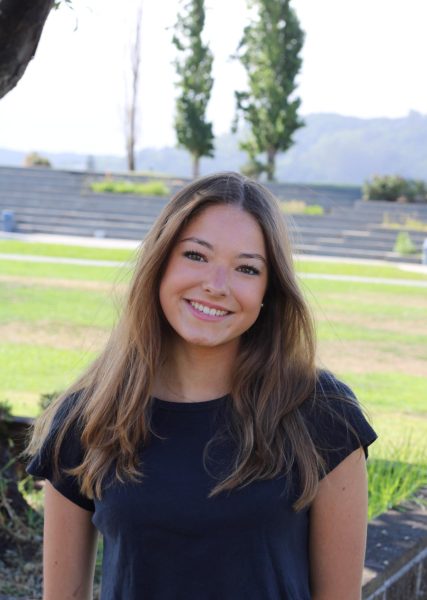On Monday, April 15, the lives of travelers on the Golden Gate Bridge were put on pause when a pro-Palestine protest blocked access to the bridge. Protesters calling themselves A15 Action protested the war in Gaza as well as US involvement in aiding the Israeli government. The protest lasted about four hours, keeping many cars stuck at a standstill including those commuting to work, school and appointments. The protesters chained themselves to parked cars and used pipes and locks to remain on the bridge for as long as possible.

Across the world, other pro-Palestine protests broke out, such as on Interstate 880 in Oakland, as well as on the Brooklyn Bridge. 26 protesters were arrested on the Golden Gate Bridge on charges including false imprisonment, unlawful assembly and conspiracy to commit a crime. The protesters have been released from jail with no immediate charges pressed. Many people were forced to put their plans on hold, causing frustration. Schools like Saint Ignatius Preparatory were given the day off since many students were unable to make the commute over the bridge.
Millicent Buxton was on her way to an appointment at UCSF for her pneumonia while also taking her husband to work where he planned to meet with his patient group when she got stuck in the blockage.
“From that standpoint [agenda being put on pause], it’s a bummer. But, I understand people have the right to assemble.” Buxton said.
Buxton doesn’t stand with one group over another but feels frustrated, believing this was not the best way the A15 group could’ve forwarded their cause.

“I don’t know what everybody else is doing here today, but everybody had something that they were going to,” Buxton said.
As the investigation continues, San Francisco District Attorney Brooke Jenkins encourages those held up at the bridge to voice their complaints, which will help determine what these protesters would be charged with. In addition, Jenkins is offering restitution to anyone who suffered economic losses due to being stuck in the blockade. This is possible under California Marsy’s Law, where a victim of a crime can receive compensation from the convicted offender.







